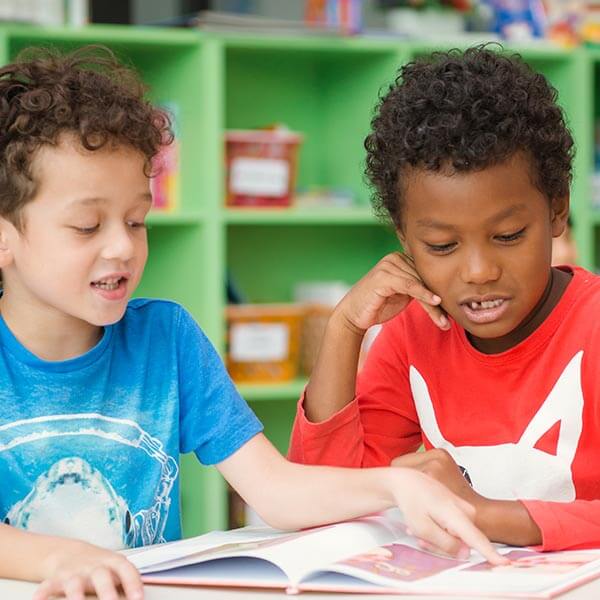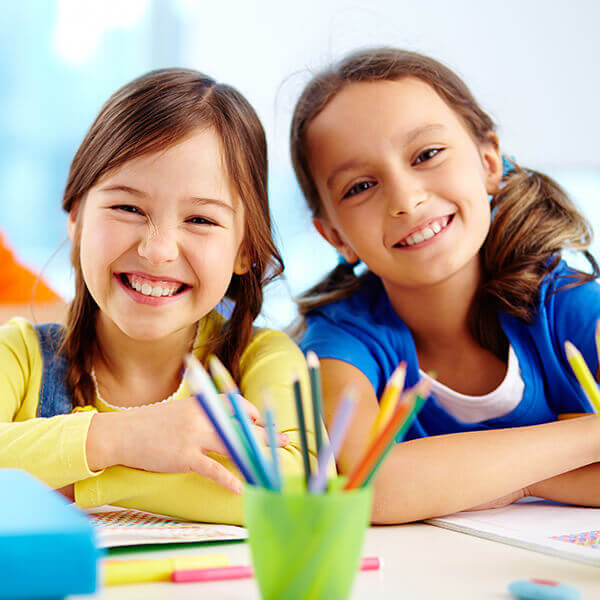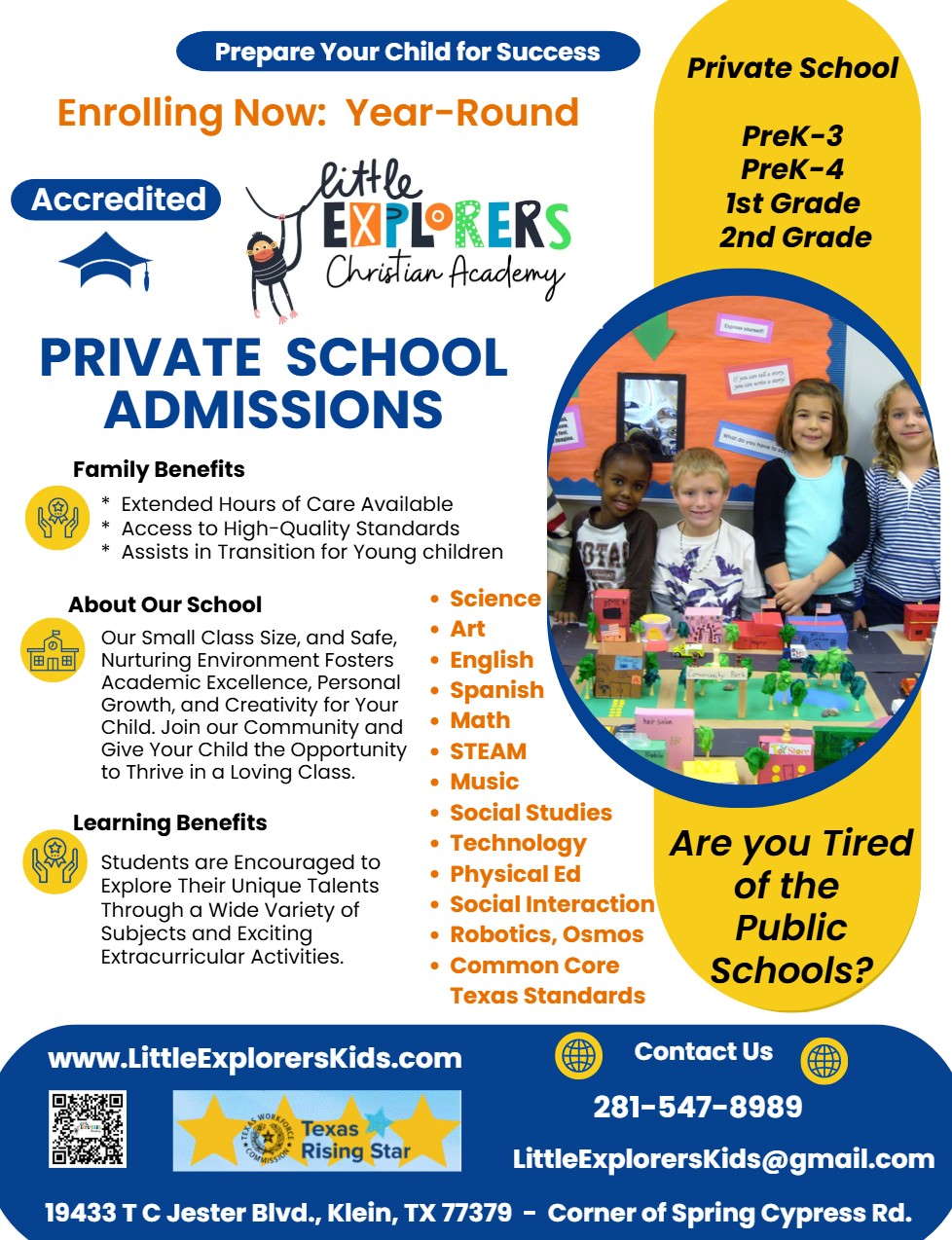Kindergarten
Five Years

Introduction to Kindergarten
Kindergarten is a crucial stage in a child's educational journey, laying the foundation for their future academic success. At this stage, children are typically between the ages of 5 and 6 and are introduced to a structured learning environment that fosters their social, emotional, and cognitive development. Kindergarten classrooms are designed to be engaging and interactive, with a focus on play-based learning that encourages children to explore, create, and discover new things. Through various activities such as arts and crafts, music, and storytelling, kindergarten students develop essential skills such as sharing, cooperation, and communication, which are vital for building strong relationships with their peers and teachers.
Academic Expectations
One of the primary goals of kindergarten is to help children develop their literacy and numeracy skills. Teachers use a variety of methods to introduce children to the basics of reading, writing, and mathematics, making learning fun and accessible. For example, phonics and alphabet recognition are taught through songs, rhymes, and games, while math concepts such as counting, sorting, and patterning are introduced through hands-on activities with blocks, puzzles, and other manipulatives. Kindergarten students also learn about shapes, colors, and other basic concepts that help them understand the world around them. As children progress through the kindergarten year, they become more confident and independent, developing a sense of self-esteem and self-worth that is essential for their future academic and personal growth.
Social and Emotional Development
In addition to academic skills, kindergarten programs also place a strong emphasis on social-emotional learning. Children learn important life skills such as self-regulation, empathy, and self-awareness, which help them navigate social situations and build strong relationships with others. Teachers model and reinforce positive behaviors such as kindness, respect, and responsibility, and provide opportunities for children to practice these skills through role-playing, group work, and community service projects. By the end of the kindergarten year, children are well-prepared to enter the next stage of their educational journey, equipped with the skills, knowledge, and confidence they need to succeed in grade school and beyond. Overall, kindergarten is a critical and foundational stage of education that sets the stage for a lifetime of learning and growth.
Fun and Engaging Activities
To make learning fun and engaging, Kindergarten teachers often incorporate a variety of activities and games into their lessons. These may include hands-on crafts, songs, and movement exercises, as well as educational games and puzzles. Opportunities for students to learn and have fun outside of the classroom are also a part of this journey. By making learning enjoyable and interactive, teachers can help students develop a love of learning that will stay with them throughout their educational journey.
Register
Enrollment Information Schedule a Tour
1st Grade

Introduction to 1st Grade
The 1st grade is a pivotal year in a child's educational journey. It marks the beginning of formal schooling, where children start to develop essential skills in reading, writing, and mathematics. At this stage, students are typically around 6 years old and are eager to learn and explore their surroundings. The curriculum for 1st grade is designed to be engaging and interactive, with a focus on building a strong foundation in core subjects. We also incorporate Robotics, technology, and Osmos Tablets.
Academic Expectations
In 1st grade, students are expected to learn and master various skills, including recognizing and writing uppercase and lowercase letters, identifying numbers up to 1000, and demonstrating an understanding of basic addition and subtraction concepts. They also begin to develop their reading skills, starting with simple stories and gradually moving on to more complex texts. Additionally, 1st grade students are introduced to basic science and social studies concepts, such as the five senses, seasons, and community helpers.
Social and Emotional Development
The 1st grade is not just about academics; it's also a time of significant social and emotional growth. Students learn to navigate classroom routines, make new friends, and develop essential life skills, such as sharing, taking turns, and cooperating with others. Teachers play a vital role in fostering a supportive and inclusive classroom environment, encouraging students to express their thoughts and feelings, and helping them develop self-confidence and self-esteem.
Fun and Engaging Activities
To make learning fun and engaging, 1st grade teachers often incorporate a variety of activities and games into their lessons. These may include hands-on crafts, songs, and movement exercises, as well as educational games and puzzles. Field trips and special events, such as reading festivals and science fairs, also provide opportunities for students to learn and have fun outside of the classroom. By making learning enjoyable and interactive, teachers can help students develop a love of learning that will stay with them throughout their educational journey.
Register
Enrollment Information Schedule a Tour
2nd Grade

Introduction to 2nd Grade
The 2nd grade is a significant year in a child's educational journey. At this stage, students are typically around 7-8 years old and are developing their foundational skills in reading, writing, and mathematics. In reading, 2nd graders are learning to read more complex texts, including chapter books and non-fiction materials. They are also expanding their vocabulary and improving their comprehension skills. In writing, students are learning to write complete sentences, short paragraphs, and even simple stories. They are also practicing their handwriting skills, learning to write in cursive, and using punctuation marks correctly.
Academic Expectations
In mathematics, 2nd graders are building on their basic addition and subtraction facts, learning to add and subtract multi-digit numbers, and introducing basic concepts of time, money, and measurement. They are also learning to tell time on an analog clock, count money, and measure lengths using standard units. Science and social studies are also introduced in the 2nd grade, where students learn about basic concepts such as plants, animals, seasons, and community helpers. They also learn about map skills, including recognizing and identifying basic shapes and features on a map.
The 2nd grade curriculum also emphasizes social skills, such as sharing, taking turns, and cooperating with others. Students learn to work in groups, participate in class discussions, and develop their communication skills. They also learn to resolve conflicts, express their feelings, and develop empathy towards others. Art, music, and physical education are also essential parts of the 2nd grade curriculum, where students can express their creativity, develop their fine motor skills, and stay physically active. By the end of the 2nd grade, students are expected to demonstrate a range of skills and knowledge, including reading and writing proficiency, basic math facts, and an understanding of science and social studies concepts. With the support of their teachers and parents, 2nd graders can develop a strong foundation for future academic success and a lifelong love of learning.
Fun and Engaging Activities
To make learning fun and engaging, 2nd grade teachers often incorporate a variety of activities and games into their lessons. These may include hands-on crafts, songs, and movement exercises, as well as educational games and puzzles. Field trips and special events, such as reading festivals and science fairs, also provide opportunities for students to learn and have fun outside of the classroom. By making learning enjoyable and interactive, teachers can help students develop a love of learning that will stay with them throughout their educational journey. Overall, the 2nd grade is a year of significant growth and development, where students are laying the foundation for future academic success.
Register
Enrollment Information Schedule a Tour
